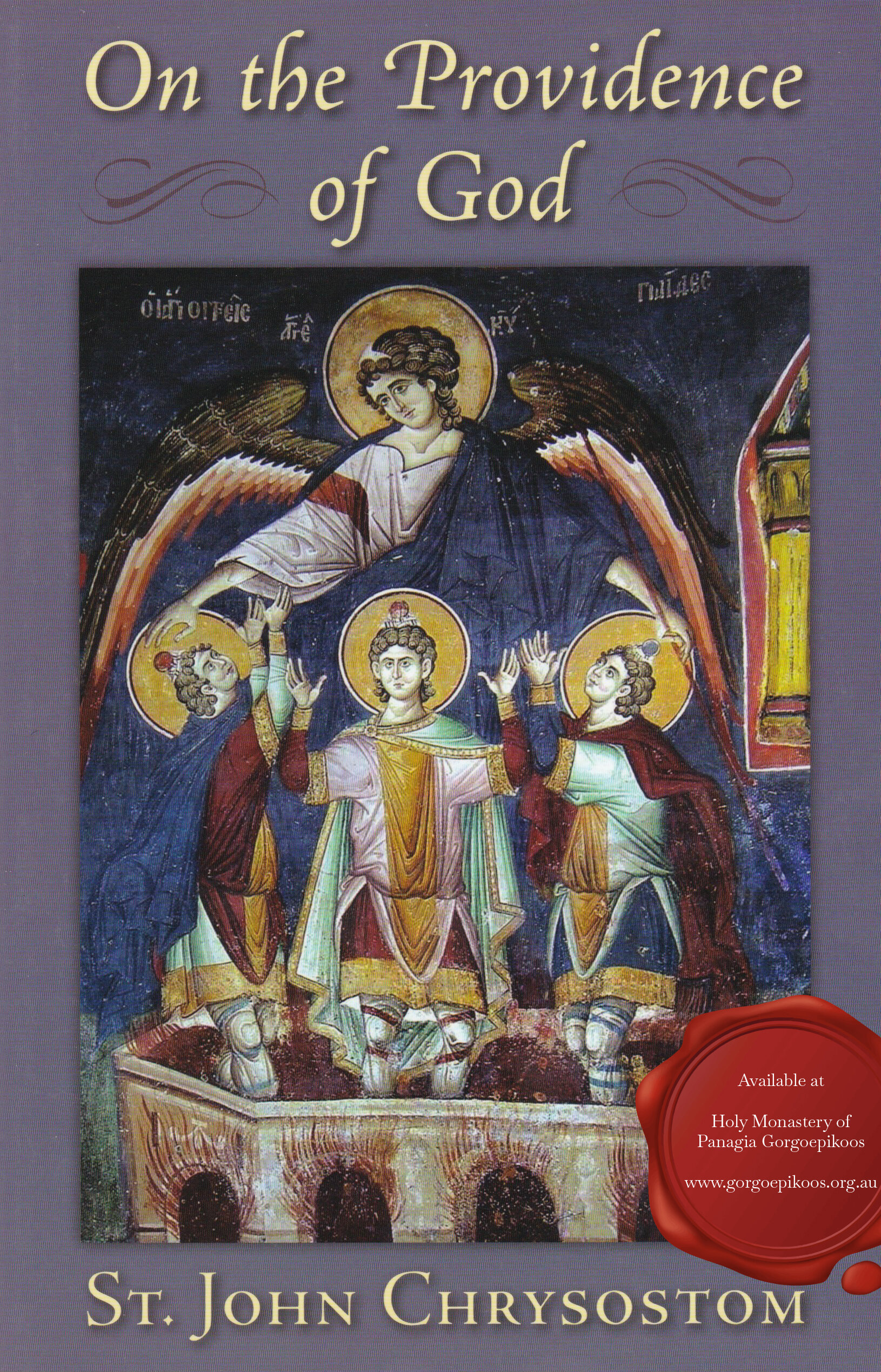On the Providence of God (Paperback) - by St. John Chrysostom
Saint John Chrysostom, Archbishop of Constantinople (ca. 347–407), is revered as the Church’s greatest homilist and interpreter of Holy Scripture. The present treatise, On the Providence of God, was his last work, written at the very end of his life, when he was in exile in the mountains of Armenia. He wrote this work to encourage his faithful flock in Constantinople and elsewhere, who were in distress due to his unjust banishment and the political intrigue and persecutions surrounding it. It is believed that he sent it to his spiritual daughter St. Olympias along with his last letter to her, asking her to “keep constantly coming back to it” as a source of spiritual strength amidst her own persecution. In reading On the Providence of God, one marvels at how powerfully the author was able to affirm God’s goodness and love amidst the uncertain and ignominious circumstances in which he then found himself. Again and again, St. John exhorted his beleaguered flock to patiently wait
Saint John Chrysostom, Archbishop of Constantinople (ca. 347–407), is revered as the Church’s greatest homilist and interpreter of Holy Scripture. The present treatise, On the Providence of God, was his last work, written at the very end of his life, when he was in exile in the mountains of Armenia. He wrote this work to encourage his faithful flock in Constantinople and elsewhere, who were in distress due to his unjust banishment and the political intrigue and persecutions surrounding it. It is believed that he sent it to his spiritual daughter St. Olympias along with his last letter to her, asking her to “keep constantly coming back to it” as a source of spiritual strength amidst her own persecution. In reading On the Providence of God, one marvels at how powerfully the author was able to affirm God’s goodness and love amidst the uncertain and ignominious circumstances in which he then found himself. Again and again, St. John exhorted his beleaguered flock to patiently wait
Saint John Chrysostom, Archbishop of Constantinople (ca. 347–407), is revered as the Church’s greatest homilist and interpreter of Holy Scripture. The present treatise, On the Providence of God, was his last work, written at the very end of his life, when he was in exile in the mountains of Armenia. He wrote this work to encourage his faithful flock in Constantinople and elsewhere, who were in distress due to his unjust banishment and the political intrigue and persecutions surrounding it. It is believed that he sent it to his spiritual daughter St. Olympias along with his last letter to her, asking her to “keep constantly coming back to it” as a source of spiritual strength amidst her own persecution. In reading On the Providence of God, one marvels at how powerfully the author was able to affirm God’s goodness and love amidst the uncertain and ignominious circumstances in which he then found himself. Again and again, St. John exhorted his beleaguered flock to patiently wait
